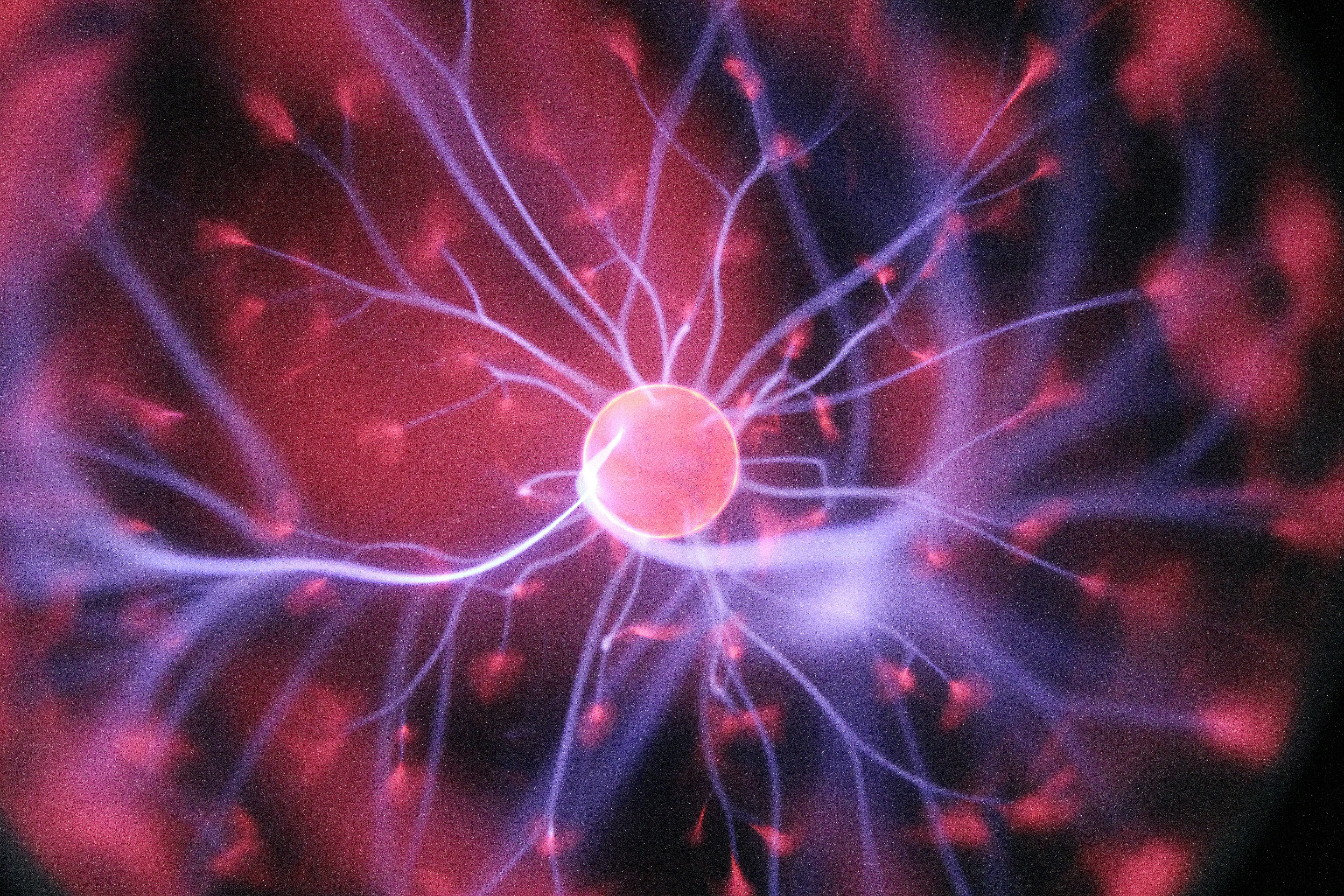The Science Behind Gambling Addiction: Understanding the Brain's Role
1 de nov. de 2024

The Science Behind Gambling Addiction: Understanding the Brain's Role
Gambling addiction is a complex disorder influenced by various factors, including psychological, social, and biological elements. One crucial aspect of understanding gambling addiction is exploring how the brain is involved in this condition. In this article, we’ll delve into the science behind gambling addiction and how brain function contributes to compulsive gambling behaviors.
The Brain’s Reward System
The brain’s reward system plays a central role in gambling addiction. This system involves several brain regions that are responsible for processing rewards, pleasure, and reinforcement. Key components include:
1. Dopamine
Dopamine is a neurotransmitter that plays a significant role in the brain’s reward system. It is associated with feelings of pleasure and reinforcement. When engaging in gambling, the brain releases dopamine in response to potential rewards, reinforcing the behavior and making it more likely to be repeated.
2. Nucleus Accumbens
The nucleus accumbens is a key part of the brain’s reward circuit. It is involved in processing rewarding stimuli and pleasure. During gambling, the nucleus accumbens becomes activated, contributing to the sense of excitement and euphoria associated with gambling activities.
3. Prefrontal Cortex
The prefrontal cortex is responsible for decision-making, impulse control, and planning. In individuals with gambling addiction, this area may be less active or less effective in regulating impulse control, leading to poor decision-making and difficulty resisting the urge to gamble.
How Gambling Affects Brain Function
1. Altered Dopamine Release
Repeated gambling can alter dopamine release patterns in the brain. Initially, gambling provides a significant dopamine release, creating feelings of pleasure and reinforcement. Over time, the brain may require increasingly frequent or larger rewards to achieve the same level of satisfaction, contributing to compulsive gambling behaviors.
2. Impaired Reward Processing
Chronic gambling can impair the brain’s ability to process rewards effectively. This can lead to diminished sensitivity to natural rewards and an increased focus on gambling-related rewards. As a result, individuals may seek out gambling as a primary source of pleasure and excitement.
3. Reduced Inhibition Control
Gambling addiction can lead to reduced activity in the prefrontal cortex, affecting inhibition control and decision-making. This reduction in control can result in impulsive behavior, difficulty evaluating risks and consequences, and an increased likelihood of engaging in compulsive gambling.
Genetic and Environmental Factors
1. Genetic Predisposition
Research suggests that genetic factors can contribute to the risk of developing gambling addiction. Certain genetic variations may affect dopamine receptors or other brain functions related to reward and impulse control, increasing susceptibility to gambling problems.
2. Environmental Influences
Environmental factors, such as exposure to gambling activities and societal attitudes towards gambling, can also influence the development of gambling addiction. Stressful life events, peer pressure, and cultural norms can interact with brain function to increase the risk of addiction.
Implications for Treatment
Understanding the science behind gambling addiction has important implications for treatment and recovery. Treatment approaches that target brain function and reward systems can be more effective in addressing the underlying mechanisms of addiction. These may include:
1. Cognitive Behavioral Therapy (CBT)
CBT is a therapeutic approach that can help individuals change maladaptive thought patterns and behaviors associated with gambling addiction. CBT can address the cognitive distortions and impulsive behaviors related to gambling, helping to improve decision-making and impulse control.
2. Pharmacotherapy
Pharmacotherapy may be used to address the neurobiological aspects of gambling addiction. Medications that target neurotransmitter systems, such as dopamine, may help regulate brain function and reduce compulsive gambling behaviors.
3. Behavioral Interventions
Behavioral interventions, such as contingency management and motivational interviewing, can help individuals develop healthier behaviors and coping strategies. These interventions focus on reinforcing positive behaviors and reducing the reliance on gambling as a source of reward.
Taking Action
Understanding the science behind gambling addiction can enhance treatment and support efforts. By addressing the brain’s role in addiction and employing targeted therapeutic approaches, individuals can work towards overcoming gambling addiction and achieving long-term recovery.
If you or someone you know is struggling with gambling addiction, consider seeking professional help and utilizing resources like Gambling Block to support recovery efforts. A comprehensive understanding of the brain’s role in addiction can inform effective treatment strategies and support a healthier path to recovery.
Conclusion
Gambling addiction is influenced by complex interactions between brain function, neurotransmitters, and genetic and environmental factors. By exploring the science behind gambling addiction, we can better understand how the brain contributes to compulsive gambling behaviors and develop more effective treatment approaches. Addressing the underlying mechanisms of addiction is essential for achieving successful recovery and improving overall well-being.
Gambling Block
Nunca mais perca dinheiro jogando
© Moxyz Studio 2024. Todos os direitos reservados. Política de Privacidade. Termos e Condições.